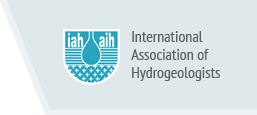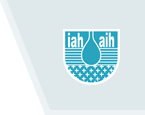UNESCO-IAH MAR Publications
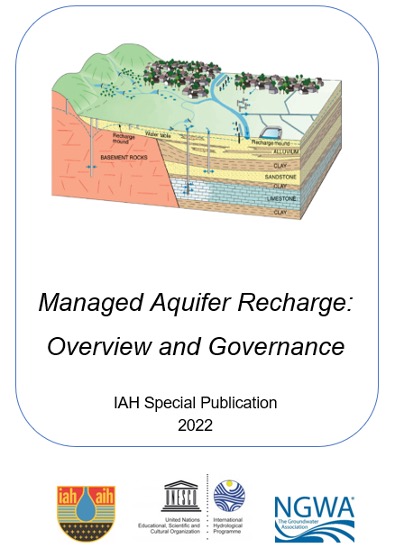 |
Dillon, P., W. Alley, Y. Zheng, and J. Vanderzalm (editors), 2022, Managed Aquifer Recharge: Overview and Governance. IAH Special PublicationThis book was produced as a joint effort of IAH, UNESCO and NGWA with encouragement of the Ground Water Project and published as a Special Publication of IAH in June 2022. Its three sections written by different teams give (1) an overview of purposes, types, source waters, advantages, challenges, and essential requirements of MAR; (2) an international synthesis of policy innovations to harness and encourage MAR in water resources management for sustainability in both developing and advanced jurisdictions; and (3) an overview of water quality management strategies for health and environmental protection in MAR from a variety of starting positions and capabilities. This helps to fill the major gaps in governance arrangements for MAR identified in Zheng et al (2021) (see below). Citation (full book): Dillon, P., W. Alley, Y. Zheng, and J. Vanderzalm (editors), 2022, Managed Aquifer Recharge: Overview and Governance. IAH Special Publication. https://recharge.iah.org/ ISBN 978-1-3999-2814-4 |
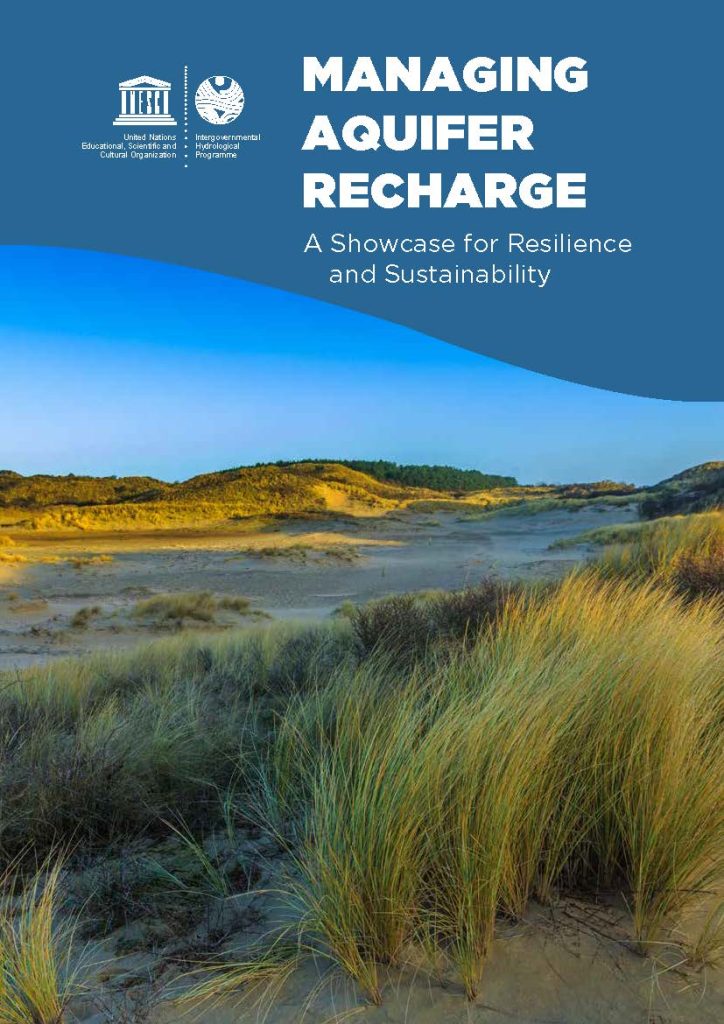 |
Zheng, Y., Ross, A., Villholth, K and Dillon, P. (eds) (2021) Managing Aquifer Recharge: A Showcase for Resilience and Sustainability. UNESCO-IAH PublicationThis is a 379 page 30MB book provides accounts of 28 MAR schemes from around the world by the implementers and operators. Many schemes are long-lived, demonstrating success in improving quantity and quality of water supplies and buffering them against drought and emergencies by communities from village to state, and trans-boundary level. A benefit-cost analysis shows that MAR offers a 50% reduction in costs compared to the best alternatives . When evaluated for its environmental and social sustainability using a basic qualitative technique specifically developed for this book, most schemes are found to be sustainable. |
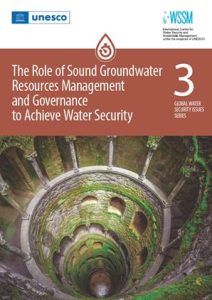 |
The Role of Sound Groundwater Resources Management and Governance to Achieve Water Security. UNESCO i-WSSM-IAH-MAR PublicationThe GWSI Series 3 has counted on the IAH-MAR colaboration. The 3rd volume includes cases from more than 10 countries. 280 pg, 2021. ISBN: 978-92-3-100468-1 The first chapter defines de Co-Managed Aquifer Recharge concept (Co-MAR) and exposes a good Spanish example in which stakeholders intervene in IWRM in close cooperation with water authorities and «stakehomers». Download (Official UNESCO Digital Library website – external link): https://unesdoc.unesco.org/ark:/48223/pf0000379093. |
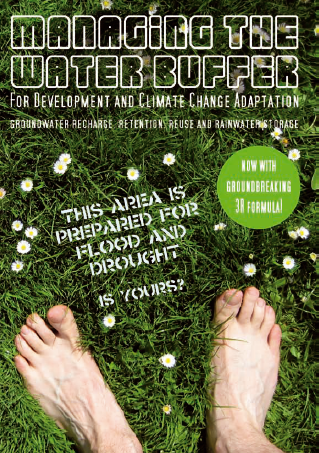 http://metameta.nl/publications/ http://metameta.nl/publications/ |
Van Steenbergen, F. and Tuinhof, A. (2010). Managing the Water Buffer for Development and Climate Change Adaptation Groundwater Recharge, Retention, Reuse and Rainwater Storage. UNESCO-IAH publicationThis 92 page, 6.3MB booklet describes the 3R approach (Recharge, Retention and Reuse) to buffer water supplies against climate change. It covers the principles then presents 18 case studies mostly in developing countries. Contents: Foreword |
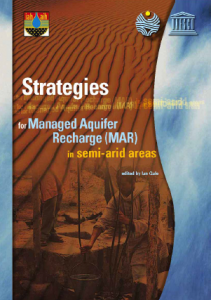 |
Gale, I. (2005) Strategies for MAR in semi-arid areas. UNESCO-IAH PublicationAlso at: http://unesdoc.unesco.org/images/0014/001438/143819e.pdf This is a 30 page 2MB document describing objectives, methods, hydrogeological settings and controls, water quality issues and sources of water, and institutional issues. It then describes origins and outcomes of 10 wide ranging case studies. This is a useful entry level resource for practical people considering implementing MAR to secure and augment supplies with all types of water for a range of uses in semi-arid areas. |
